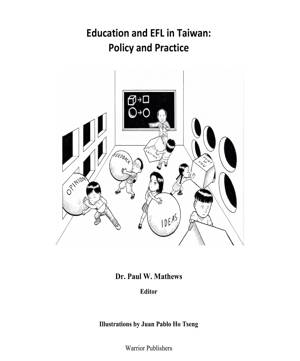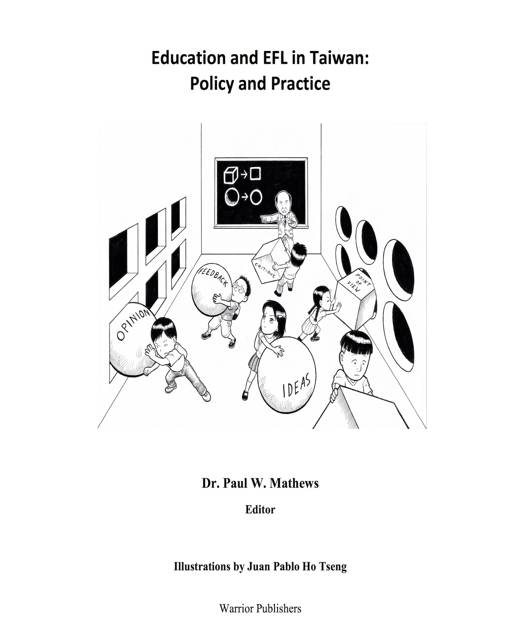
- Afhalen na 1 uur in een winkel met voorraad
- Gratis thuislevering in België vanaf € 30
- Ruim aanbod met 7 miljoen producten
- Afhalen na 1 uur in een winkel met voorraad
- Gratis thuislevering in België vanaf € 30
- Ruim aanbod met 7 miljoen producten
Omschrijving
The various chapters of this book focus on systemic problems and issues that lay much—but not all—of the ills of EFL teaching/learning and education generally in Taiwan squarely at the door of MoE and the various teaching institutions. Beginning with a brief overview of pre-school education and EFL, Part 1 focuses on direct observations of and reports on numerous actual teaching episodes in schools, from pre-school to University education levels. Five papers form a series of studies employing the same methodology, as described in the papers. We aimed to examine the connection, or lack thereof, between MoE requirements/guidelines and the actual fulfillment of them, by focusing on the practical, everyday teaching and learning of EFL. What we essentially found was a consistent misfit between policy and practice, despite the best efforts of many of the teachers and schools. In Part 2, Reflections, contributors reflect on their teaching experiences in Taiwan, and offer some suggestions for improvement. The concluding summary attempts to draw together some of these pertinent issues, wrestling with the notion that, despite goal posts constantly shifting, nothing really changes: rote learning, examinations, hierarchic structures and culturally-based vis-a-vis earned respect, cheating/plagiarism, credentialism, profiteering, linguistic incompetence, political infighting from the national level to the English Department level—all these persist, from the university/college level down to pre-school.
Specificaties
Betrokkenen
- Auteur(s):
- Uitgeverij:
Inhoud
- Aantal bladzijden:
- 424
- Taal:
- Engels
Eigenschappen
- Productcode (EAN):
- 9781370464418
- Verschijningsdatum:
- 13/04/2017
- Uitvoering:
- E-book
- Formaat:
- ePub

Alleen bij Standaard Boekhandel
Beoordelingen
We publiceren alleen reviews die voldoen aan de voorwaarden voor reviews. Bekijk onze voorwaarden voor reviews.











